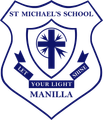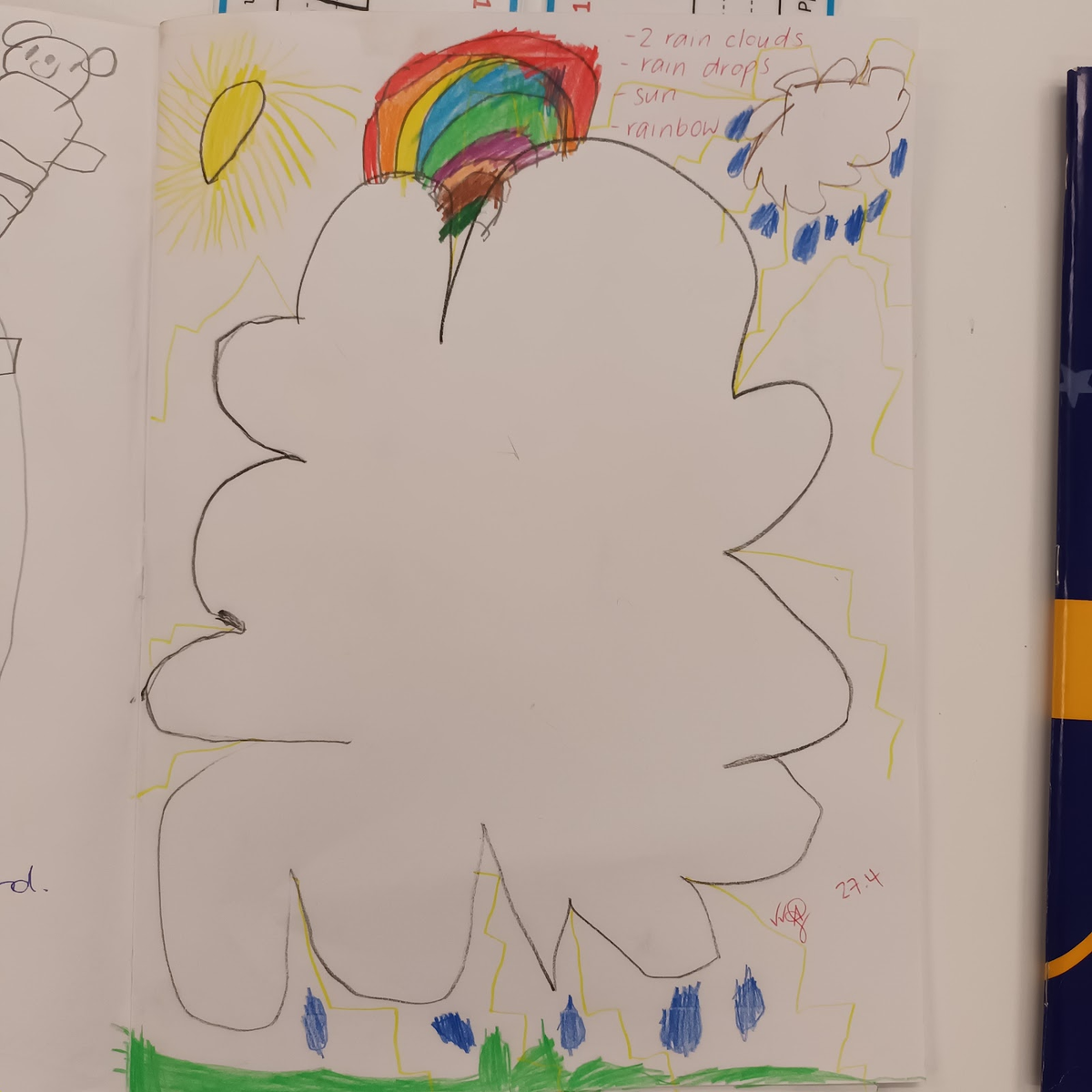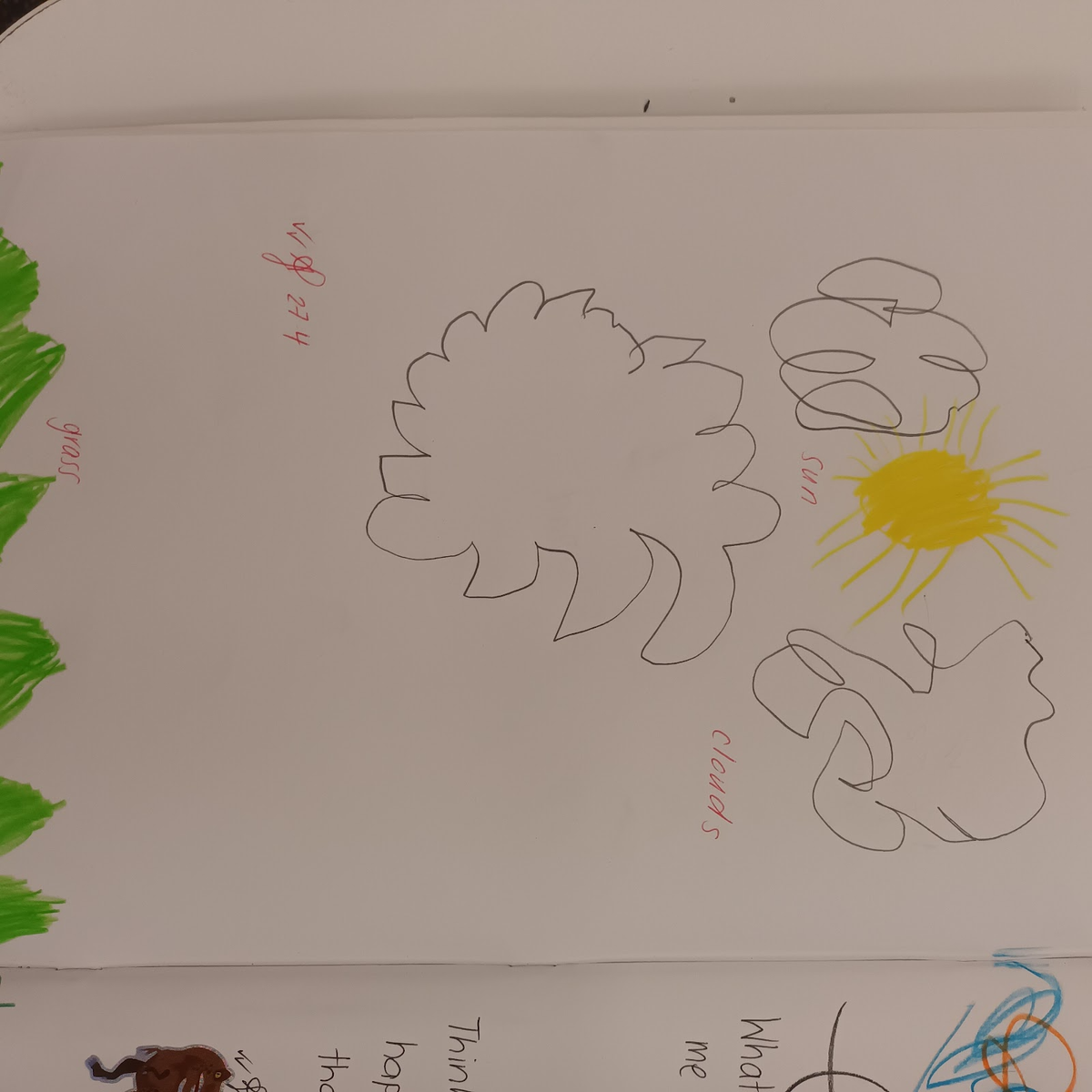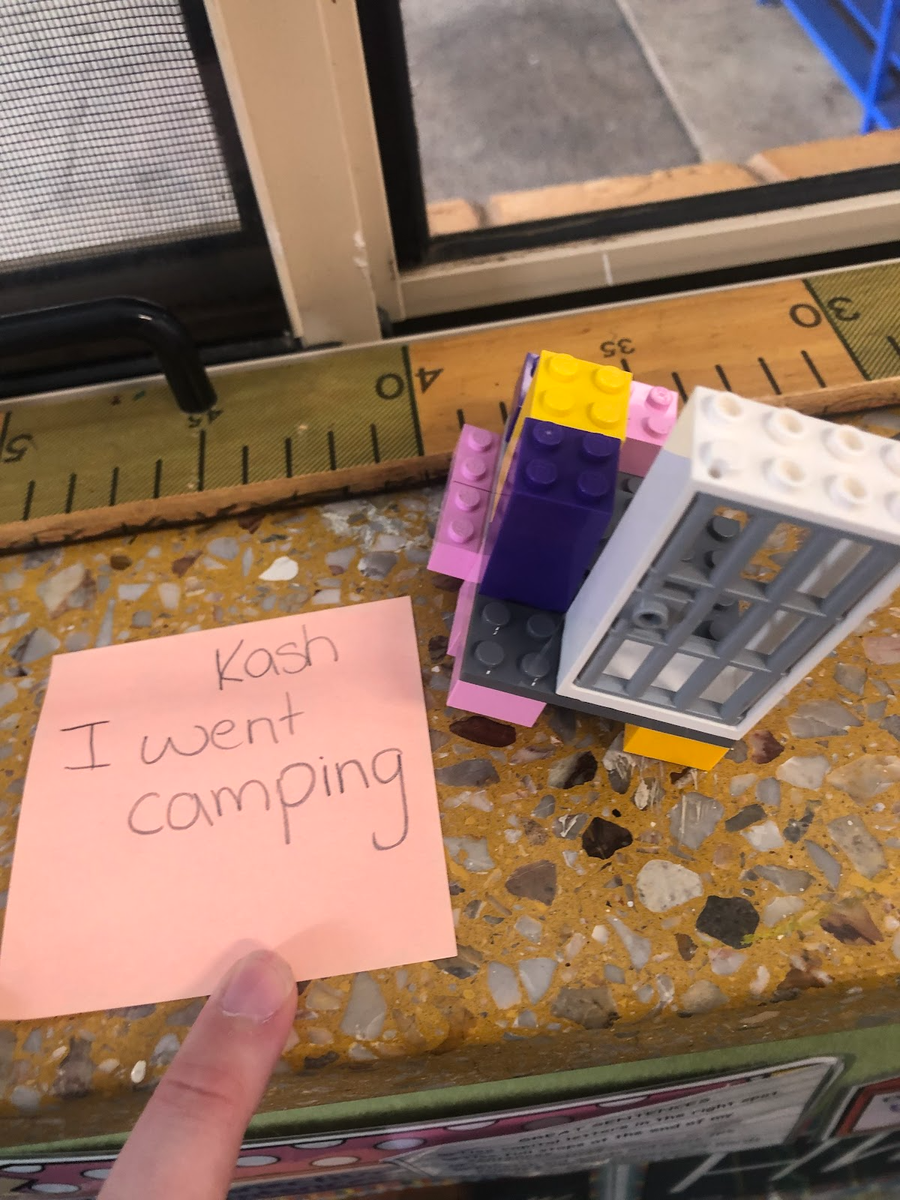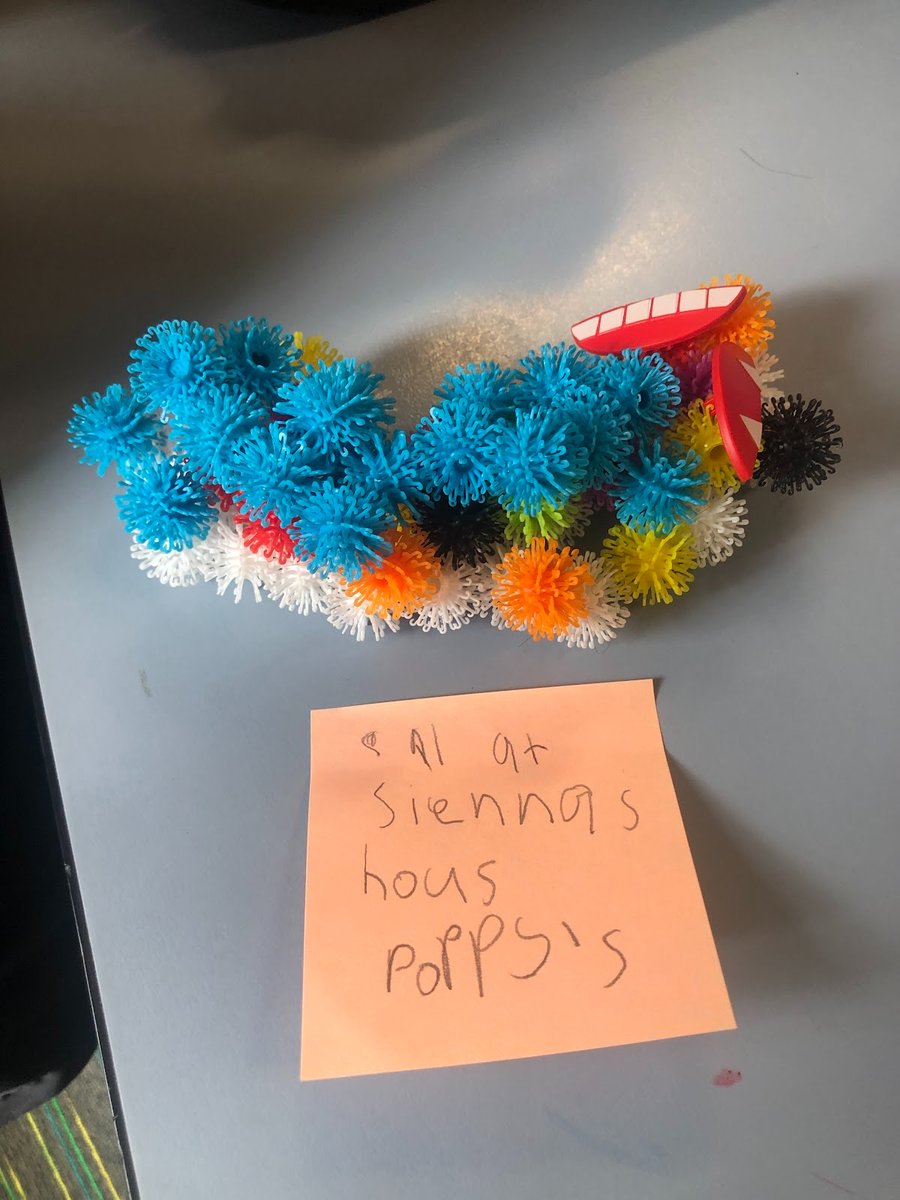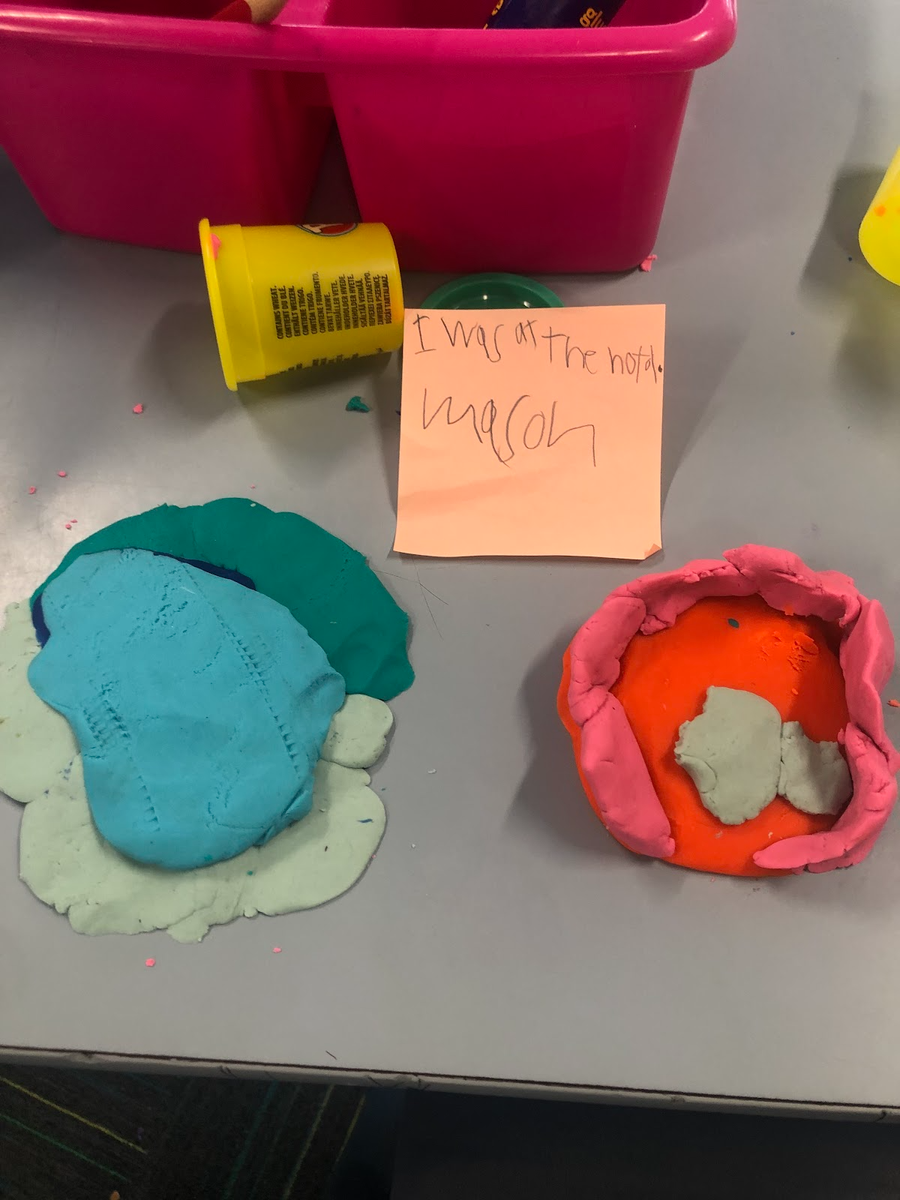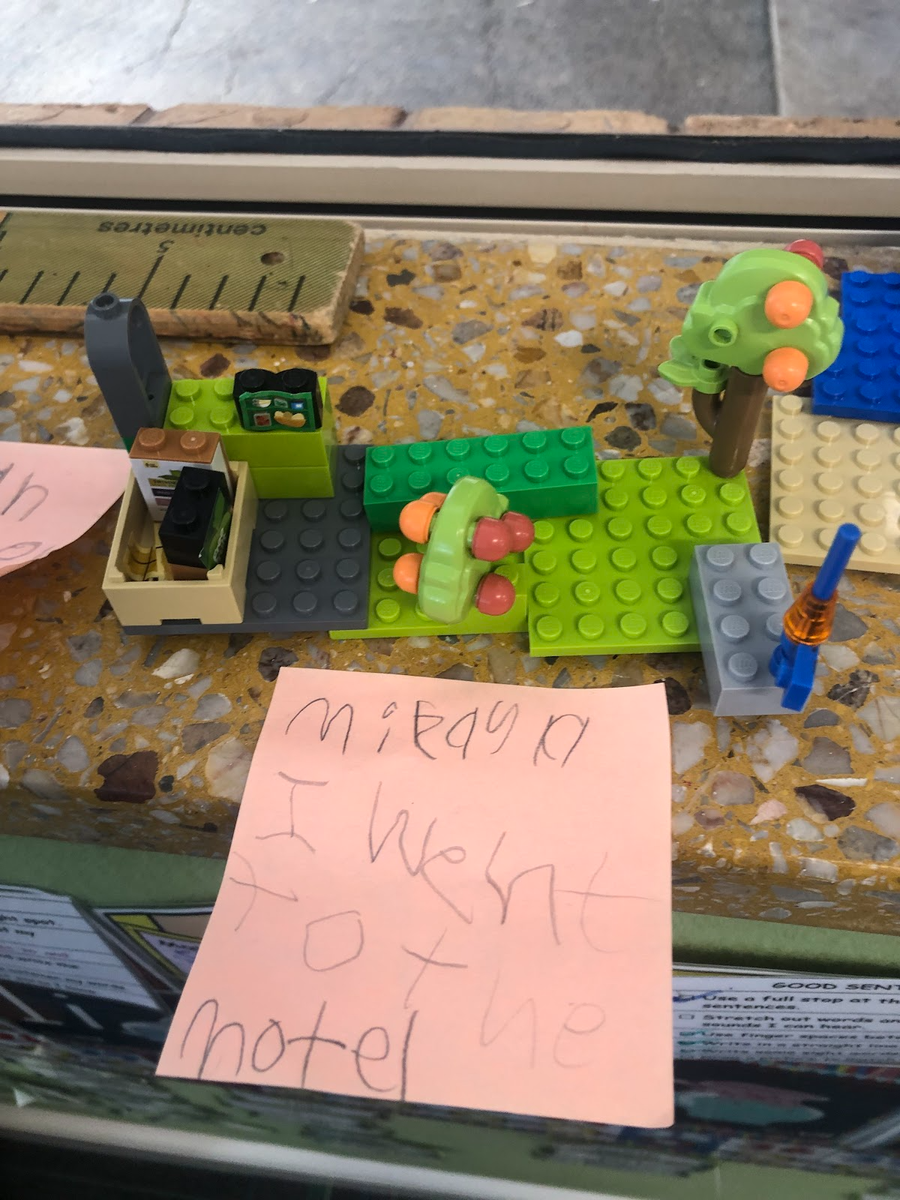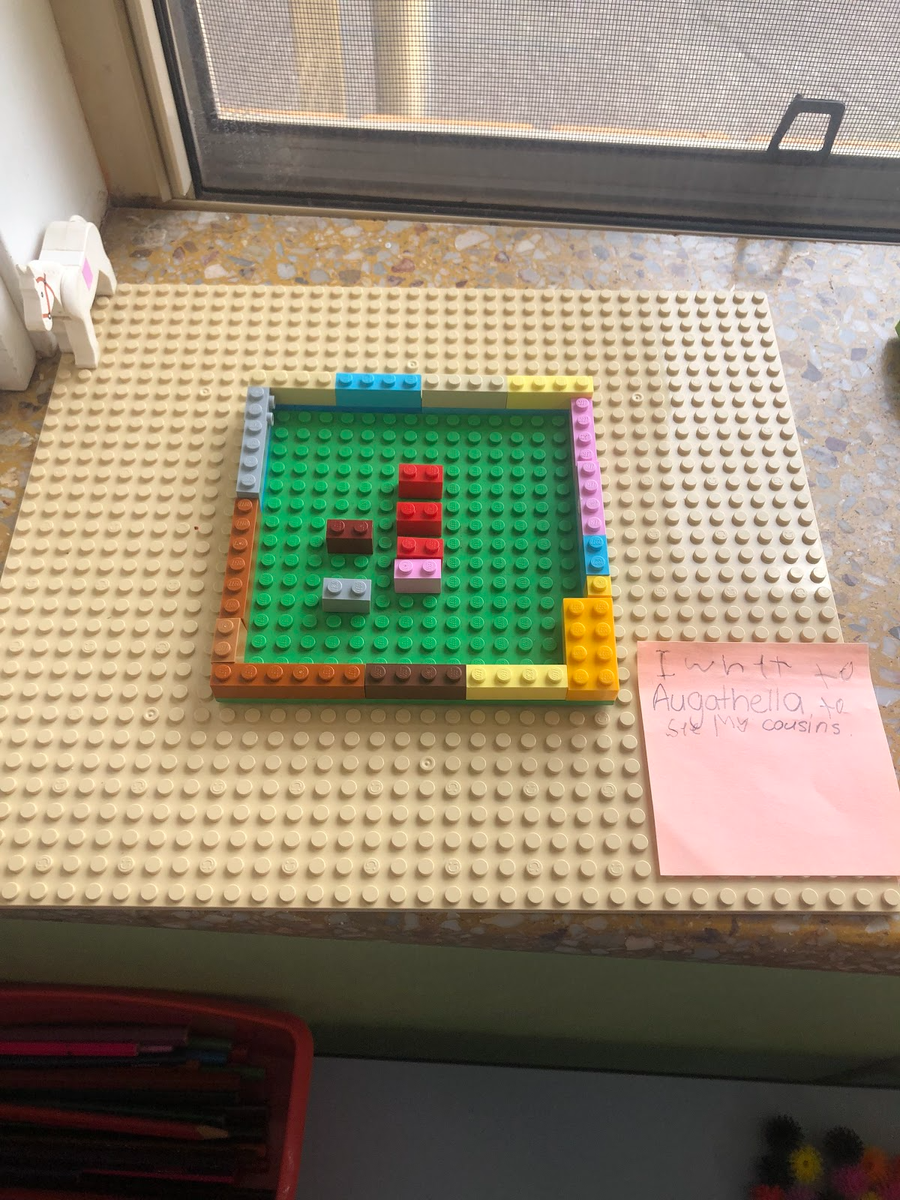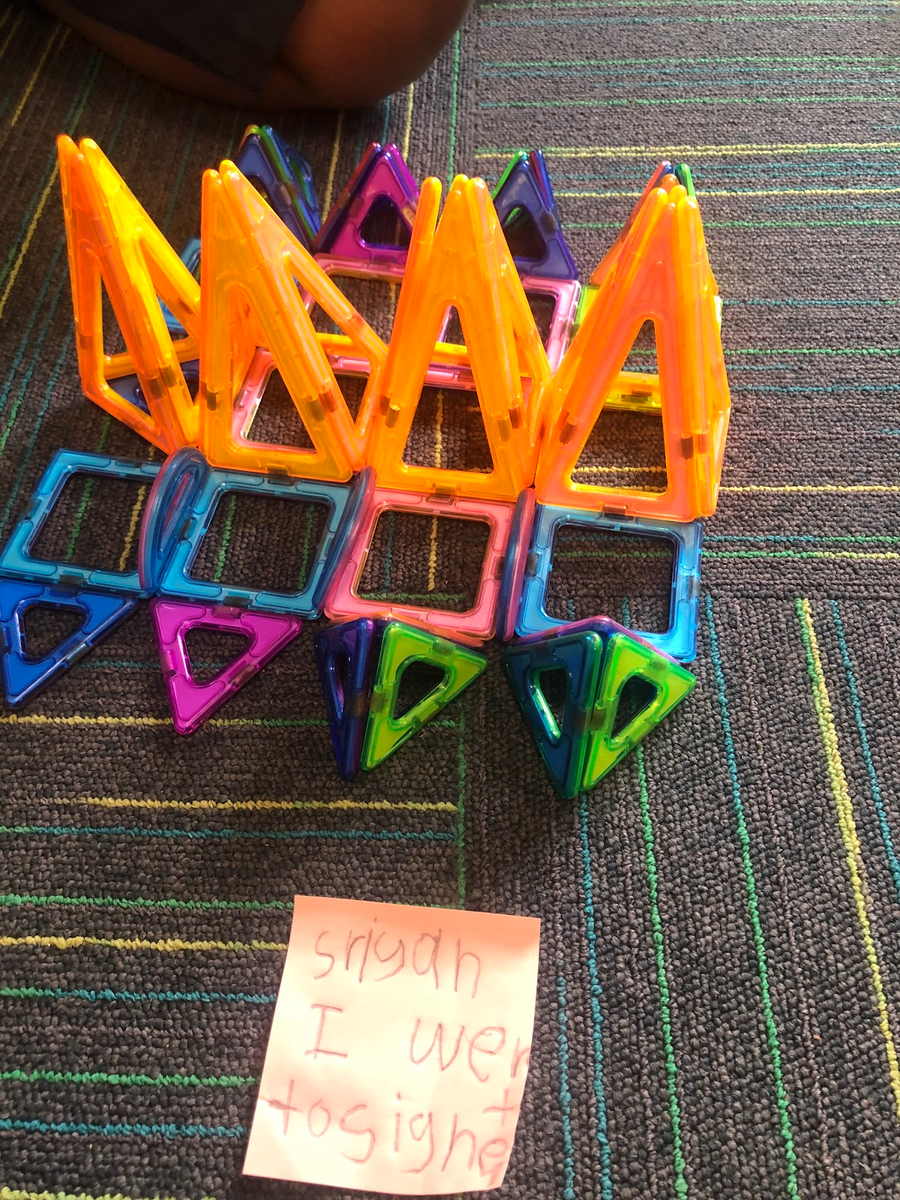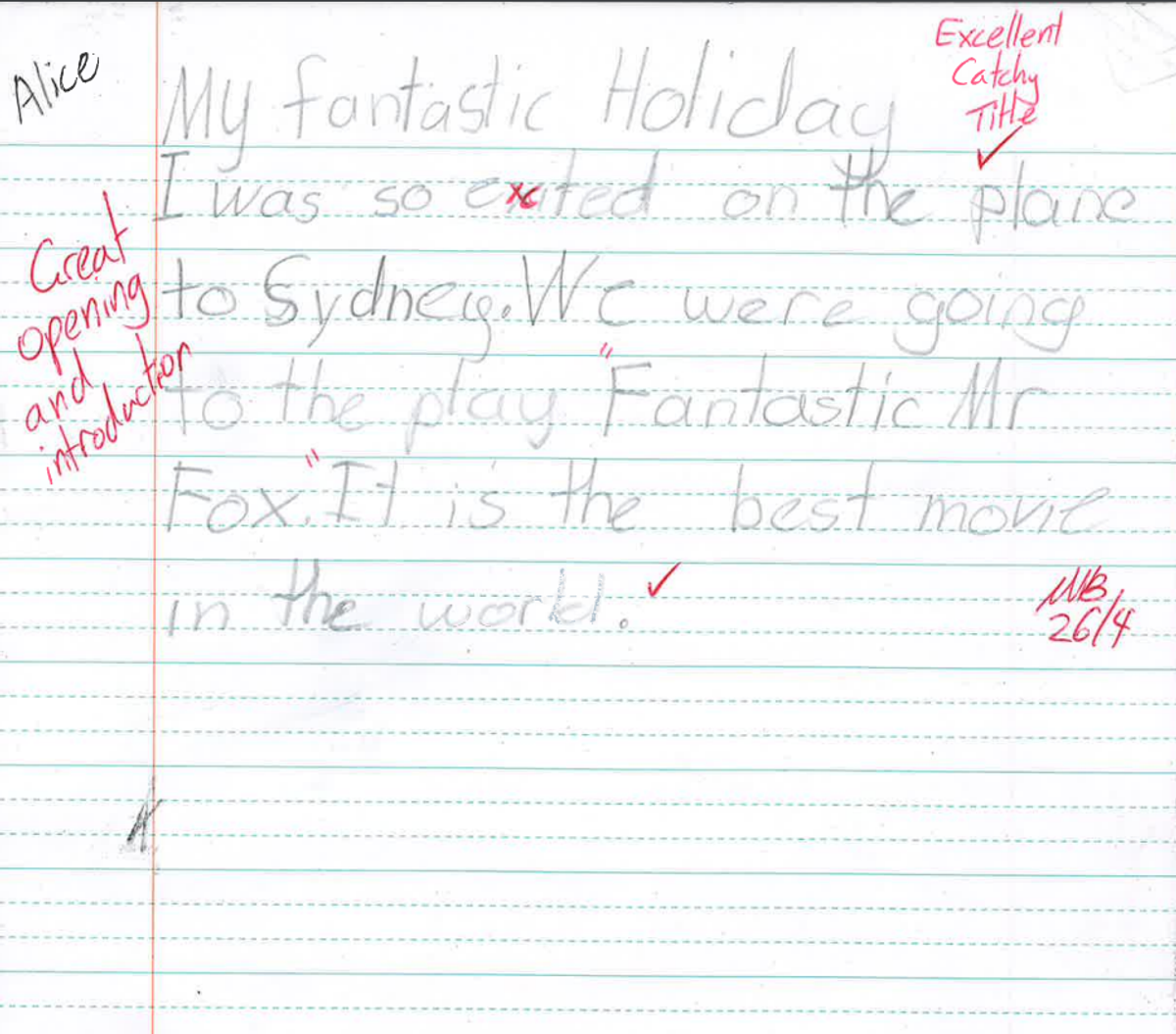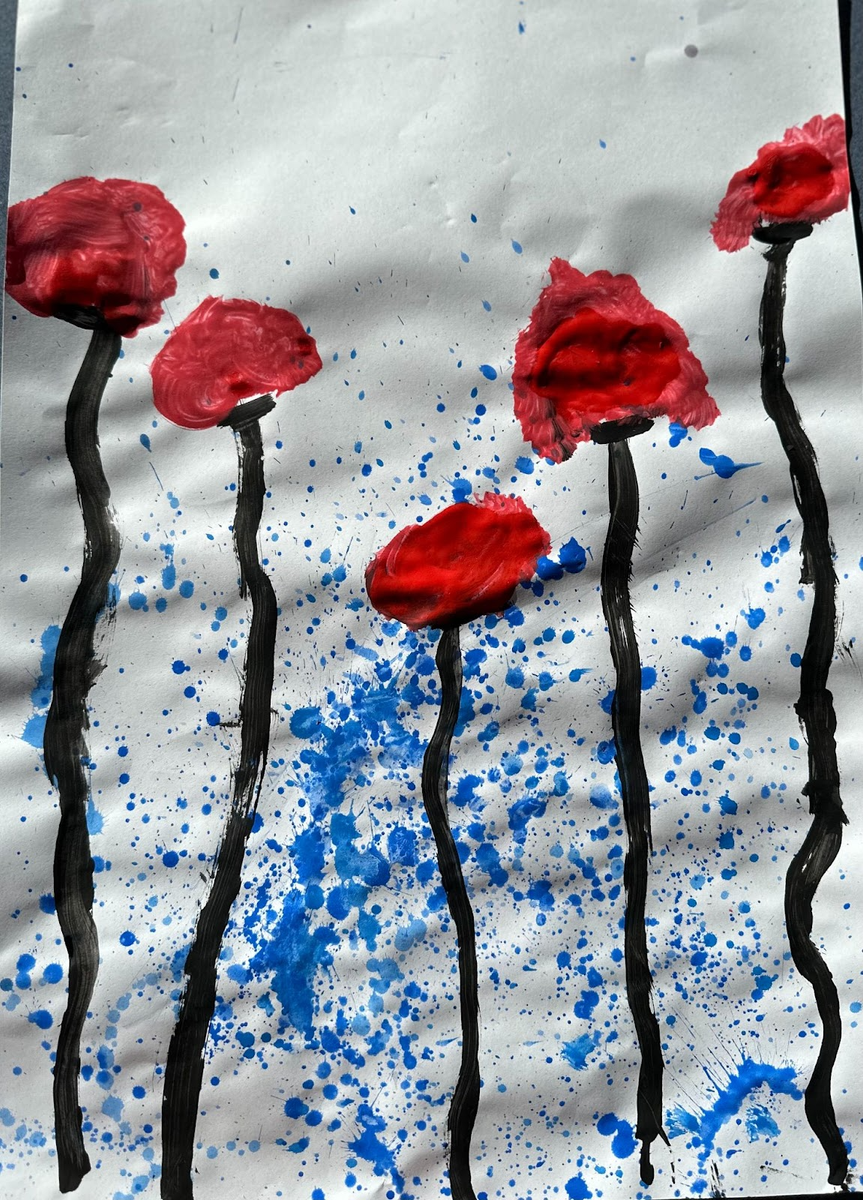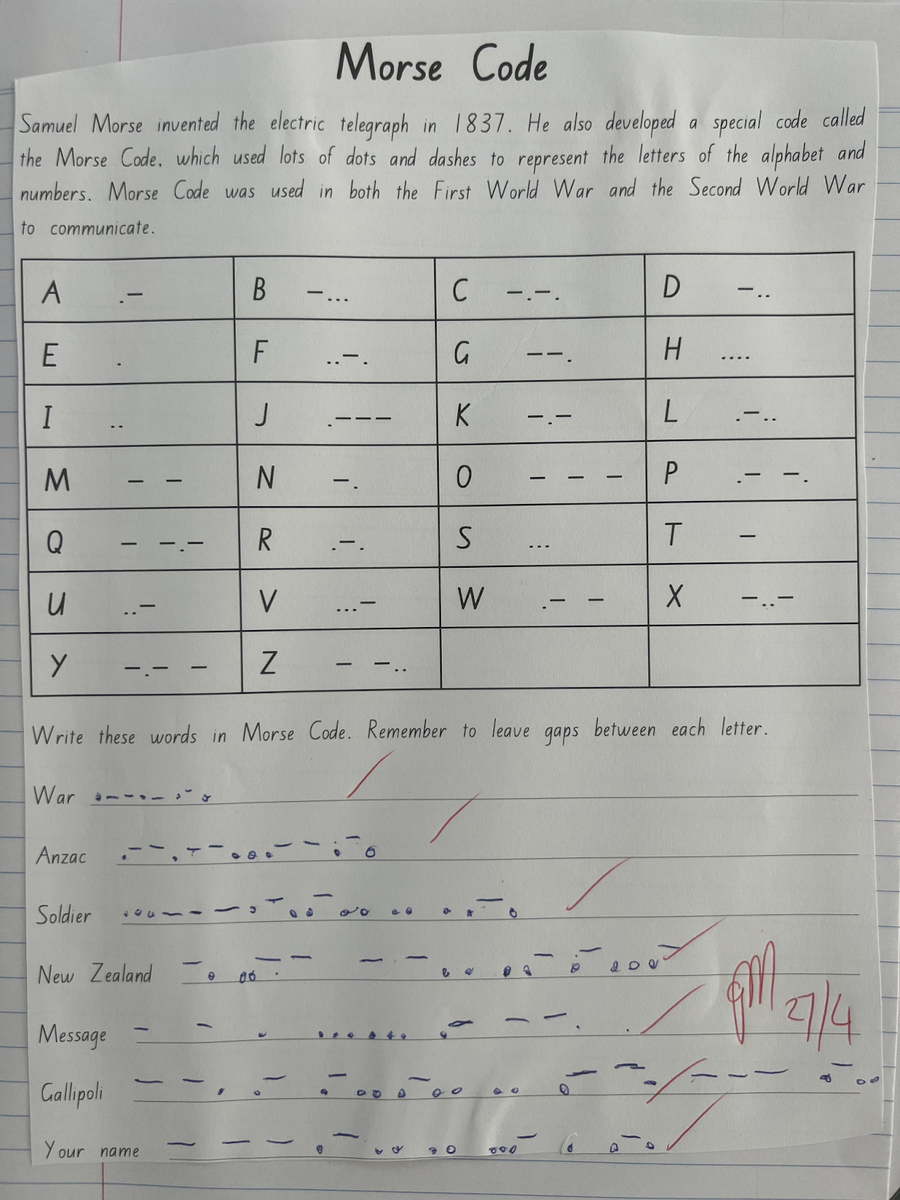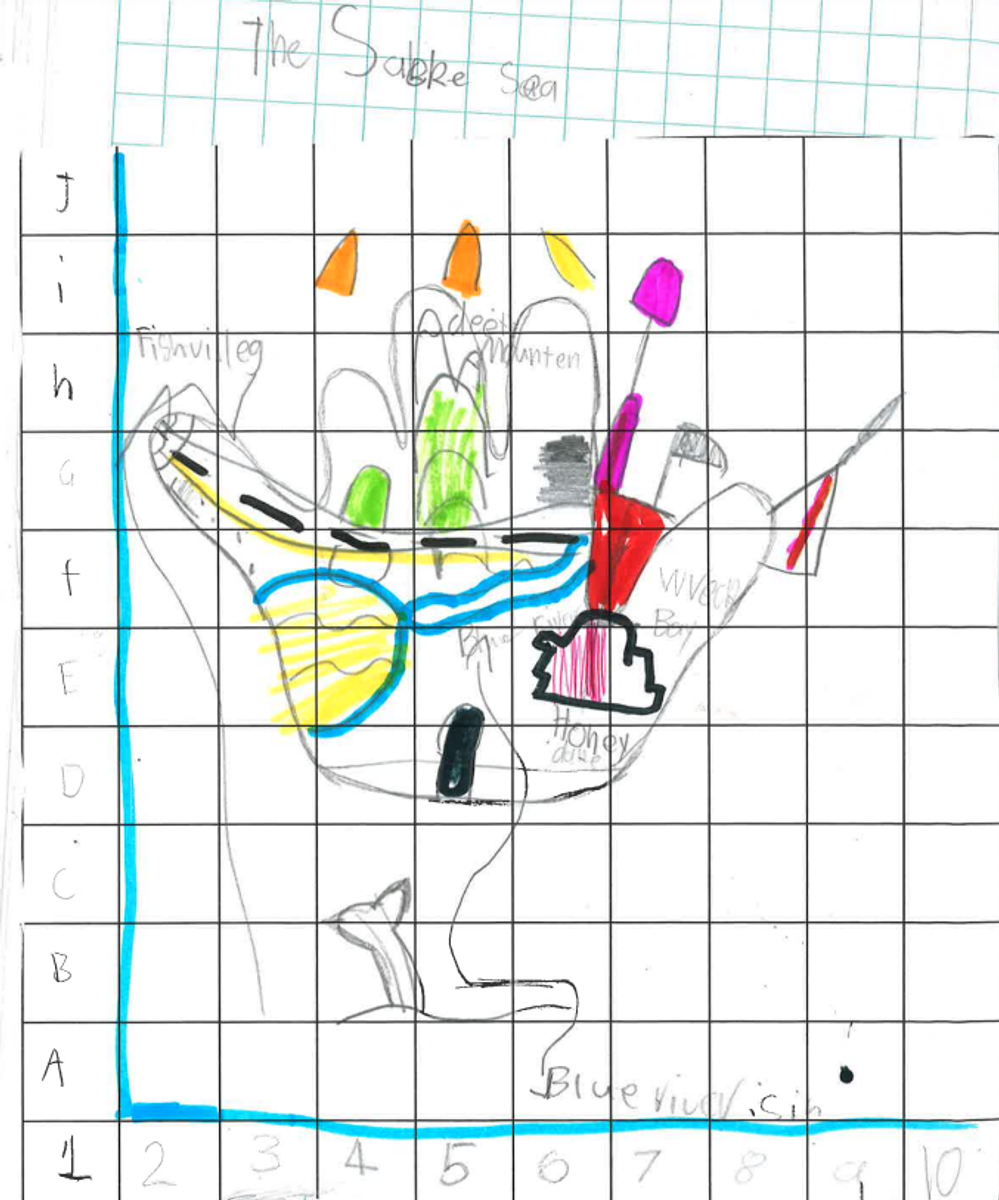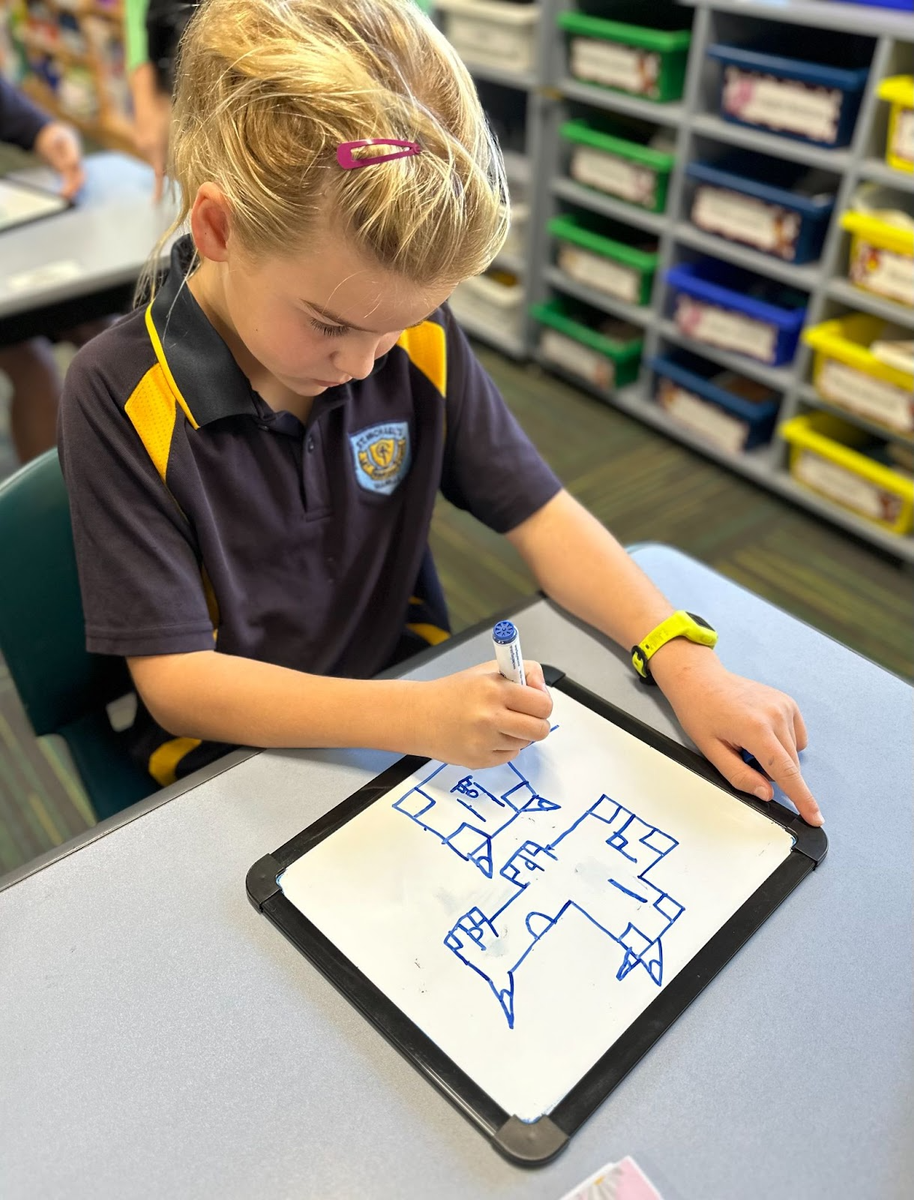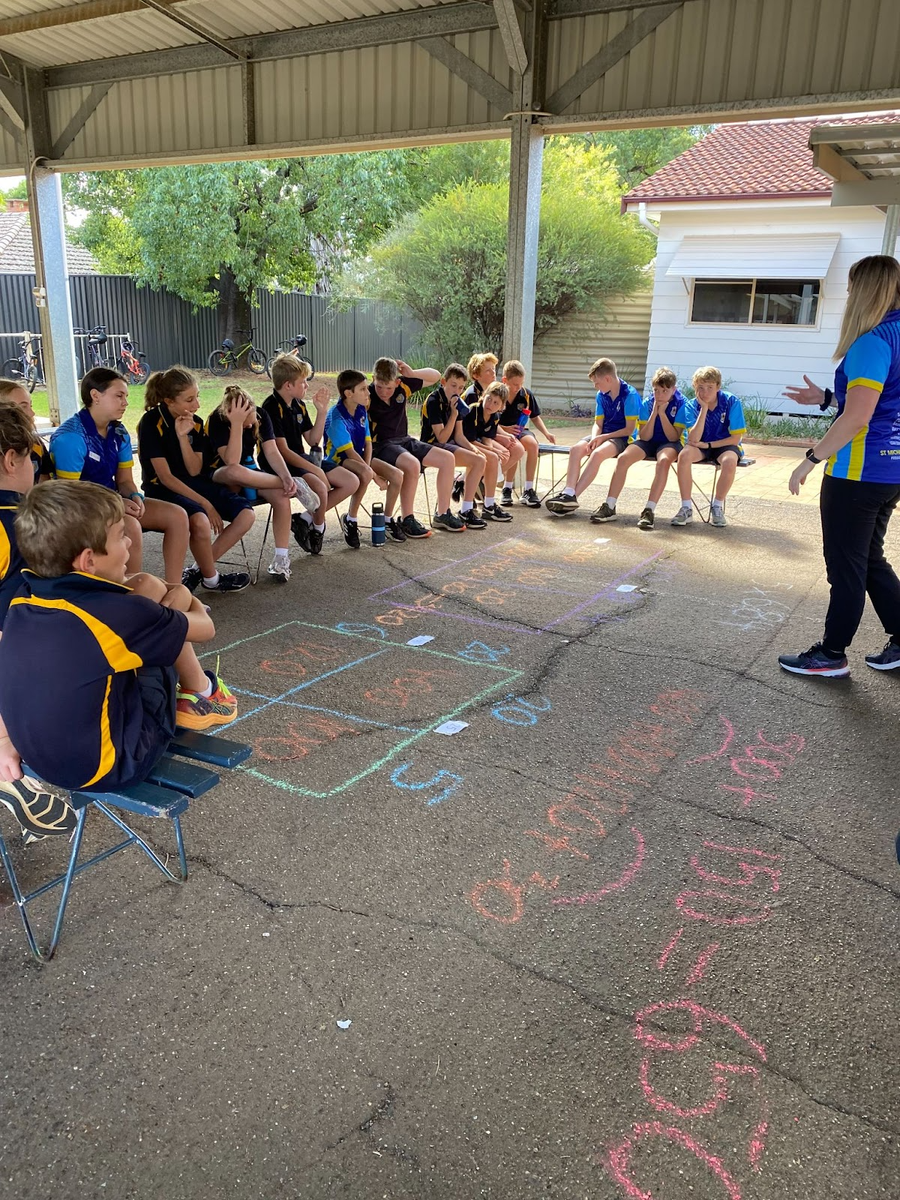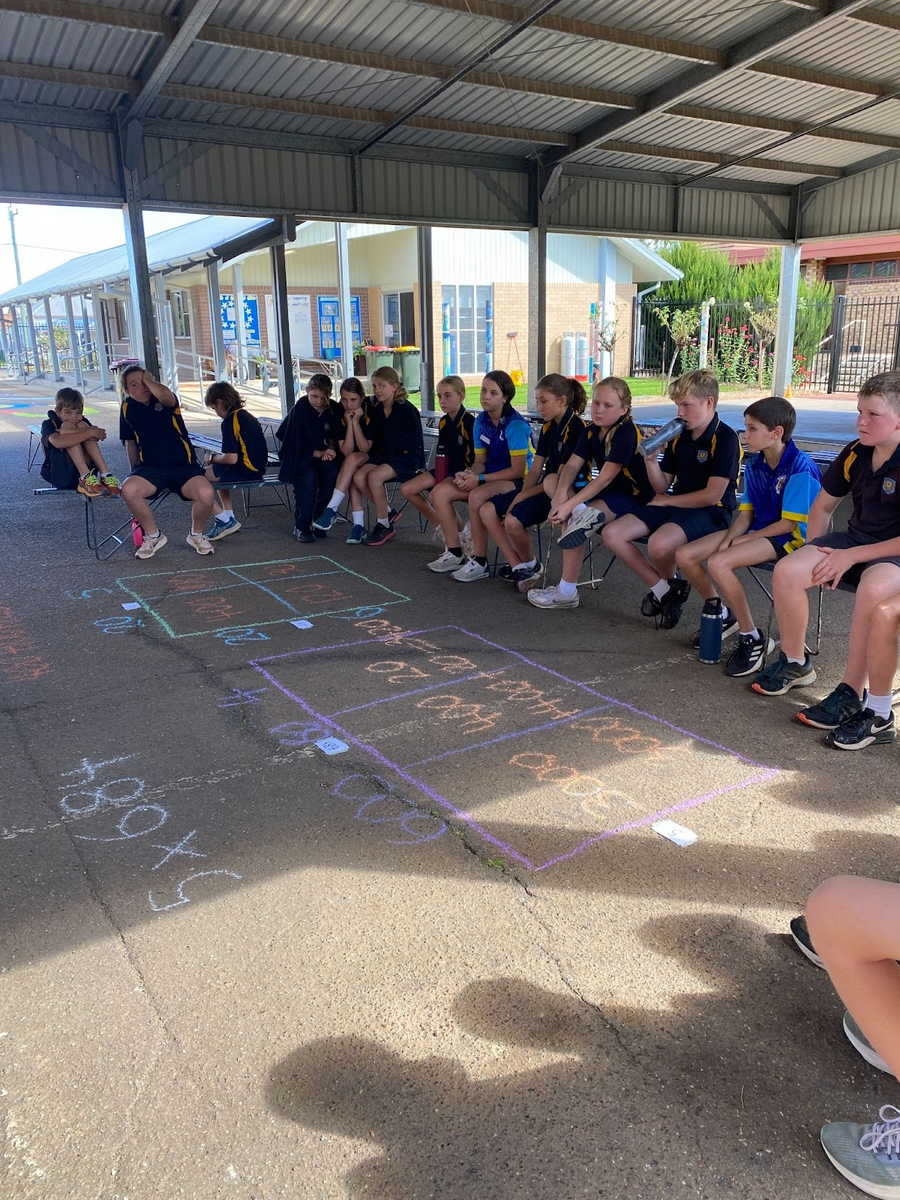Learning News
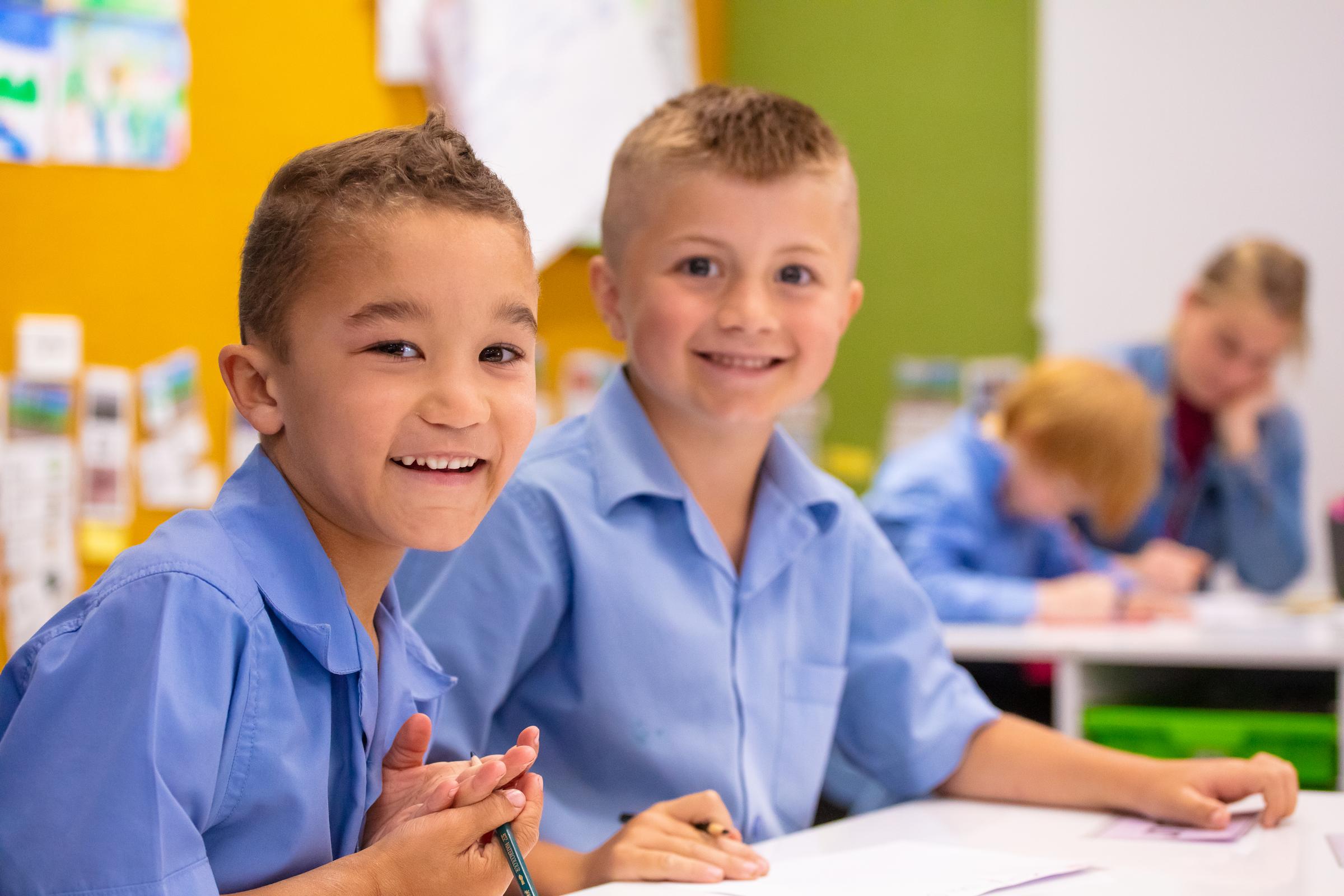
Learning News
Last week it was the Teachers and Teachers' Assistants chance to learn with our professional development day on Monday 24th April. The staff explored the MaST (Mathematics Specialist Teachers) program in a workshop run by Helen Rowsell, the Maths Subject Expert from the CSO. We played some excellent warmup games, which I am sure will soon make their way into your child’s classroom, as well as further explored our maths programs across the school.
Our students hit the ground running when they returned to class on Wednesday and have spent time exploring the importance of ANZAC Day to our nation and worked on a range of fabulous learning opportunities, including having a visit from Captain Beaumont & his trusty parrot in Year 2/3!
Yours in learning,
Mrs Shepherd
Kindergarten
Welcome back Kindergarten families for another term full of learning and fun! Kindergarten have made an impressive start to their Term 2 learning, settling back into routine and enjoying time with their peers. This week we have started our new unit in Science all about the weather. Kindergarten started their lesson outside, observing the kinds of things they noticed about the weather. Then together they brainstormed what types of weather they knew and drew some examples in their workbooks. Fabulous work scientists!
Miss Fraser
Year 1
Welcome to Term 2! To get back into routine (and to warm up our fingers for the amazing work we will do in Term 2), Year 1 have been combining their fine motor skills and creative thinking to recount what they did in the holidays. They had to think of one thing they did in the holidays and make it out of lego, playdoh or other building materials. They then wrote a simple statement on a post-it note so they wouldn’t forget what they made. They finished Week 1 by writing a great sentence to retell the thing that they had built. Outstanding work Year 1!
Miss Myers
Year 2/3
What a great start to our Term! This week, Year 2/3 have been sharing fabulous stories about their school holidays. After listening to some fantastic Easter celebrations and exciting getaway holidays we decided to write a recount telling all about what we got up to. So far we have focused on writing an introduction and title that will hook our readers in and leave them wanting to read more. Well Done to all our keen little writers!
Mr Beaumont
Year 4
Firstly, a big welcome back to everyone into what is going to be a fun and exciting term for Year 4. This week, we have been learning about the importance of ANZAC Day and what it means to us. Year 4 discussed many symbols of ANZAC Day and the special ways we commemorate it. As part of our learning, we created an artwork using a variety of different painting techniques to create a picture of the special poppy flowers. Great work Year 4! Miss Maunder and Miss McDonald
Year 5/6
Term 2 is back in full swing! Stage 3 started off the term learning about Morse Code, its history and the important role it played during Australia’s early conflicts. Students looked at using Morse Code to communicate the alphabet and then applied this knowledge to write a variety of words in Morse Code. Fantastic communicating Stage 3!
Miss Summerell & Miss Rasche
Numeracy News Week 2, Term 2
Numeracy News
Students will learn to identify left and right. They will use the terms ‘left’ and ‘right’ when referring to familiar tasks, for example ‘I hold my pencil in my left hand’, ‘I put on my right shoe first’. Knowing left and right is essential to everyday life as these terms are used with many things from labelling/describing shoes, to crossing the road, to telling someone which direction to go.
Students will be using simple positional language such as ‘inside’, ‘outside’, ‘on’ and ‘off’ to direct where objects need to be placed. Practice with a collection of small everyday items such as a cup, plate, book, shoe, teddy bear, etc that can be moved into different positions. They will also use positional language such as ‘between’, ‘next to’ and ‘behind’ to position objects in relation to themselves.
What is Positional Language?
Positional language words refer to where things are positioned or where they appear in relation to other things. We also call these “prepositions,” and you may have memorised a list of these words at some point in school. Teaching your kids this positional vocabulary through games and activities will help them grasp the concepts and give them some early mathematics and geography skills. Having an understanding of position in space and how things relate to each other is part of a child’s cognitive development.
Kindergarten
This week, Kindergarten have concluded their unit on position by learning about ordinal numbers like 1st, 2nd, 3rd. Students enjoyed practising using these terms by going in running races and racing toy cars. Kindergarten have also began learning about representing whole number and using terms ‘before’ and ‘after’.
Year 1
This Term, Year 1 have been learning about the equal sign = and how it can mean “is the same as”. They also learned that they can add different numbers together to get the same answer. They worked very hard to use the equal sign to show which numbers added together to get the same answer e.g. 6+4 = 7+3. They also used pictures of the animals in ‘One is a snail, Ten is a crab’ to show different ways to make the same amount of feet. What clever mathematicians Year 1!
Miss Myers
Year 2/3
This week Year 2/3 have been developing their knowledge and skills in Position. In our lessons we have focused on using positional language to describe the location of an object and to create instructions. We have also focused on creating maps that are clear and utilised grid references to give coordinates. Fantastic work Year 2/3!
Year 4
This week in Year 4, students have been using their knowledge of angles in a variety of warm up activities. They enjoyed competing in relays to practise drawing various types of angles and loved the opportunity to draw a picture using a given angle type. Excellent work in using your imagination to draw creative pictures Year 4!
Year 5/6
This week, Stage 3 has been learning different strategies they can use to solve multiplication problems. Students first explored how the area model worked by drawing up a rectangle with chalk. Students wrote two 2 numbers that were being multiplied on either side of the rectangle, like when they calculate the area of a rectangle. Students then had to partition the numbers into hundreds, tens and ones to simplify the multiplication process. Students worked together to problem solve. Stage 3 practised this method in class with a variety of numbers. Amazing work Stage 3!
Miss Summerell & Miss Rasche
